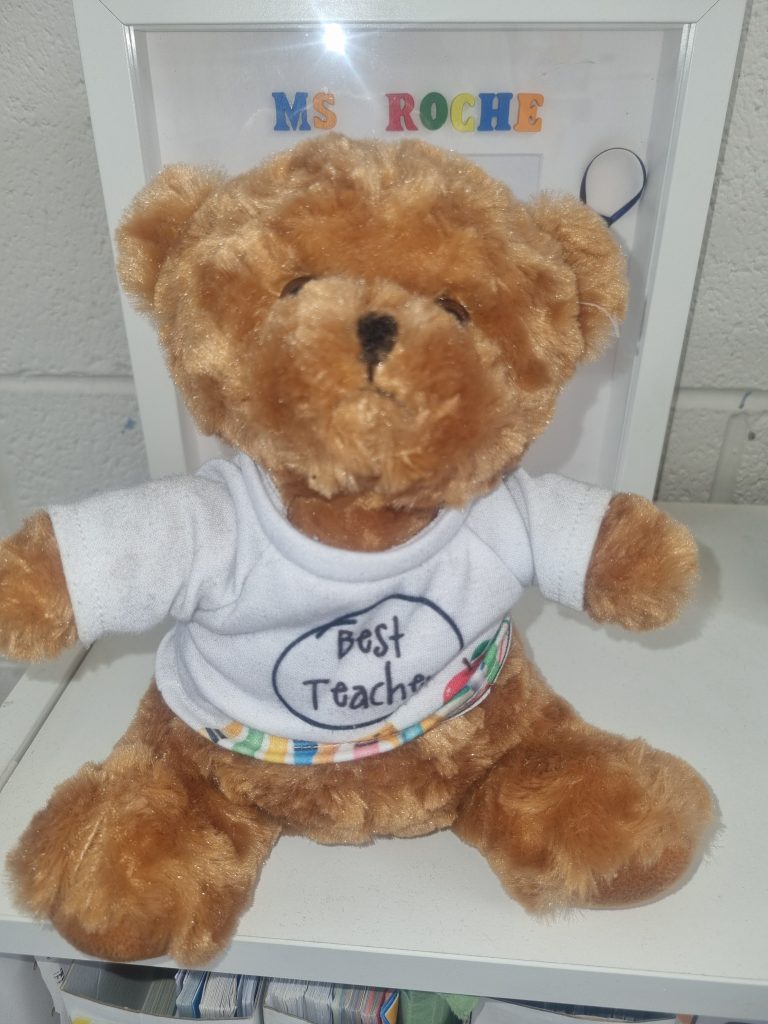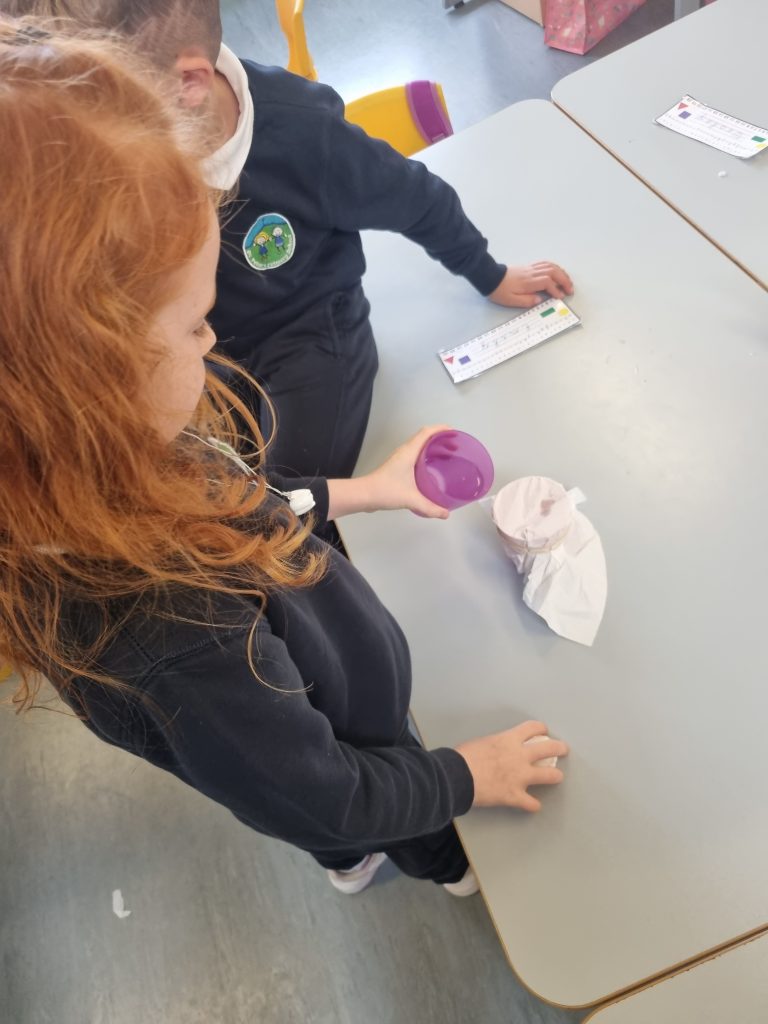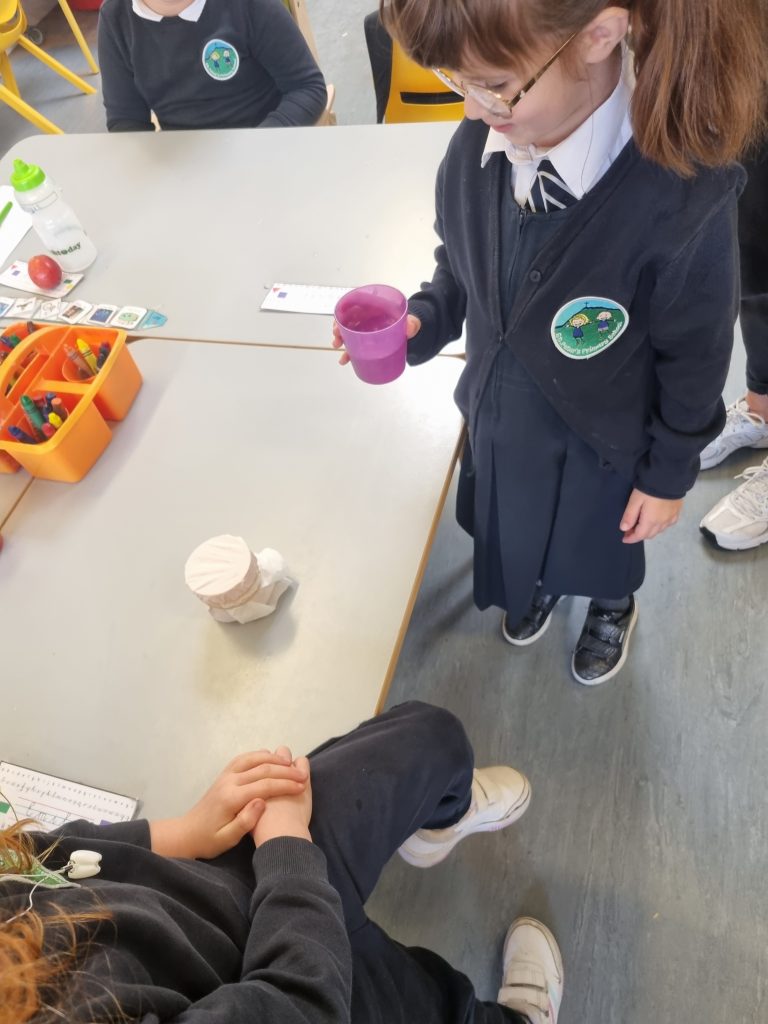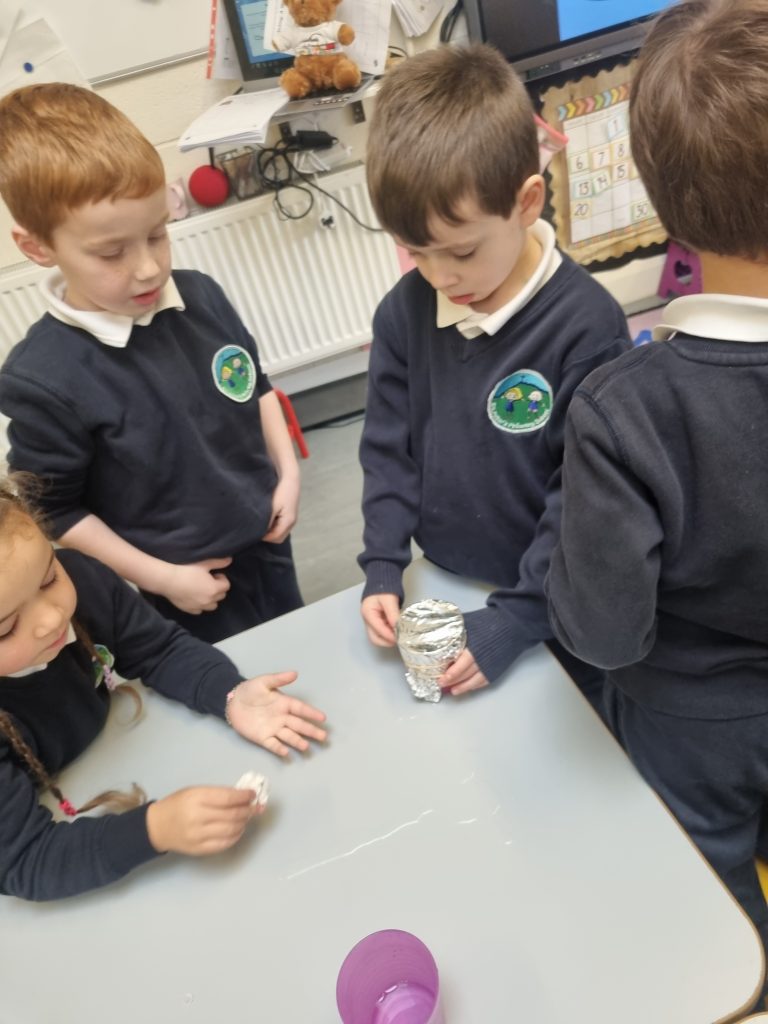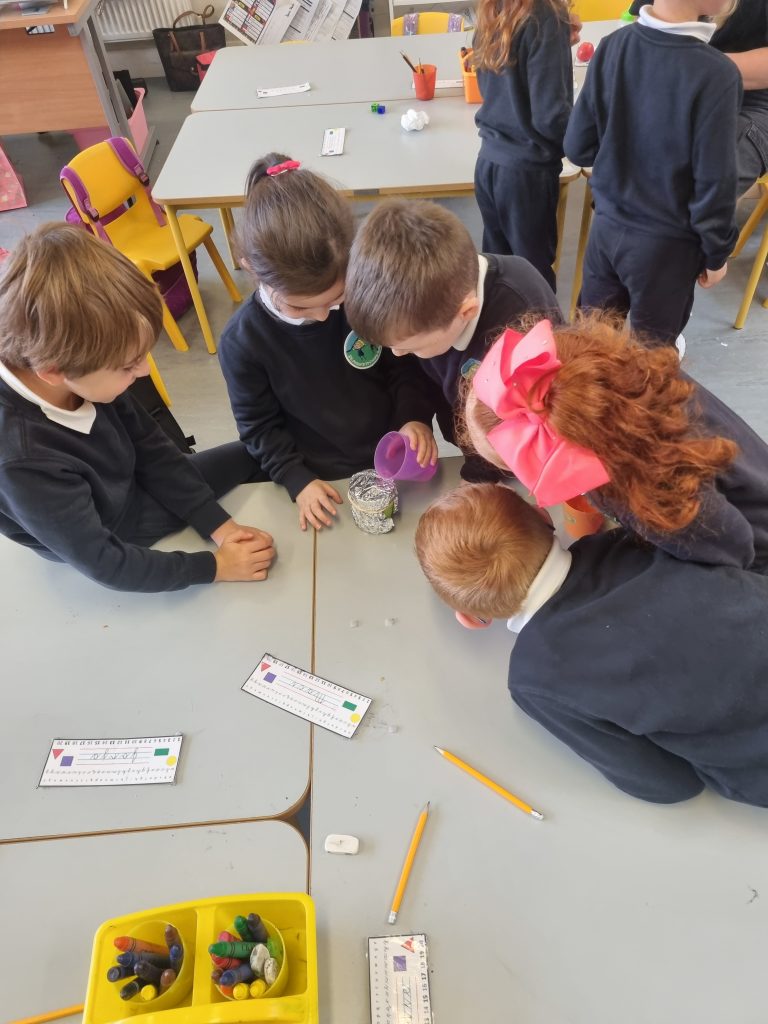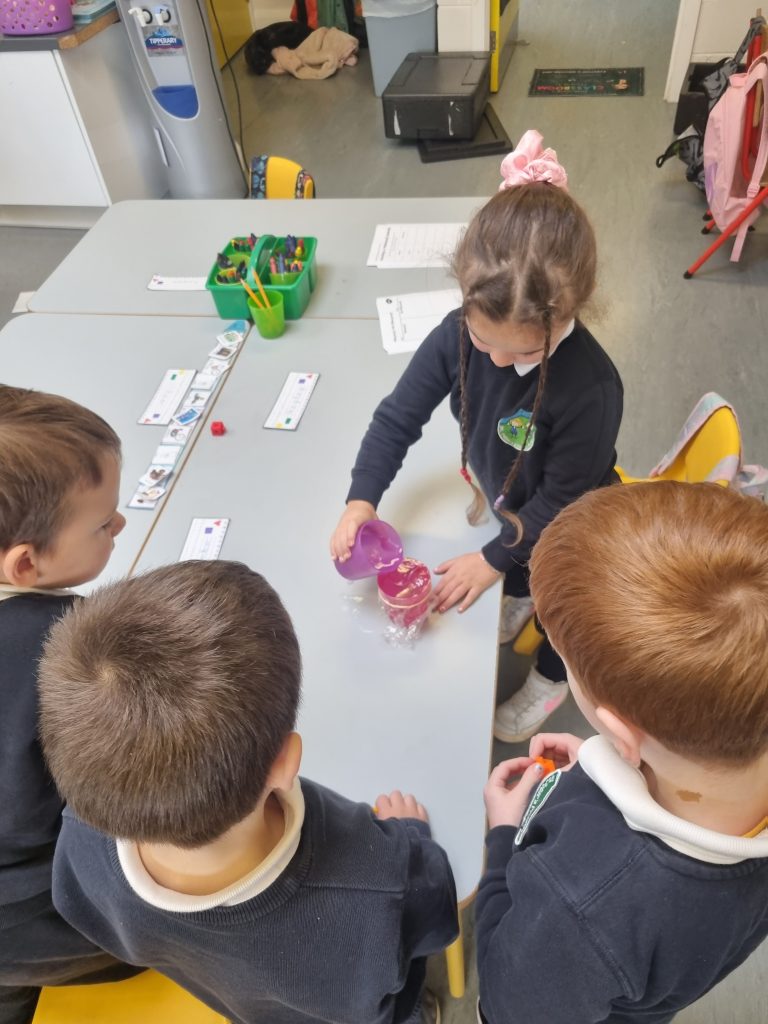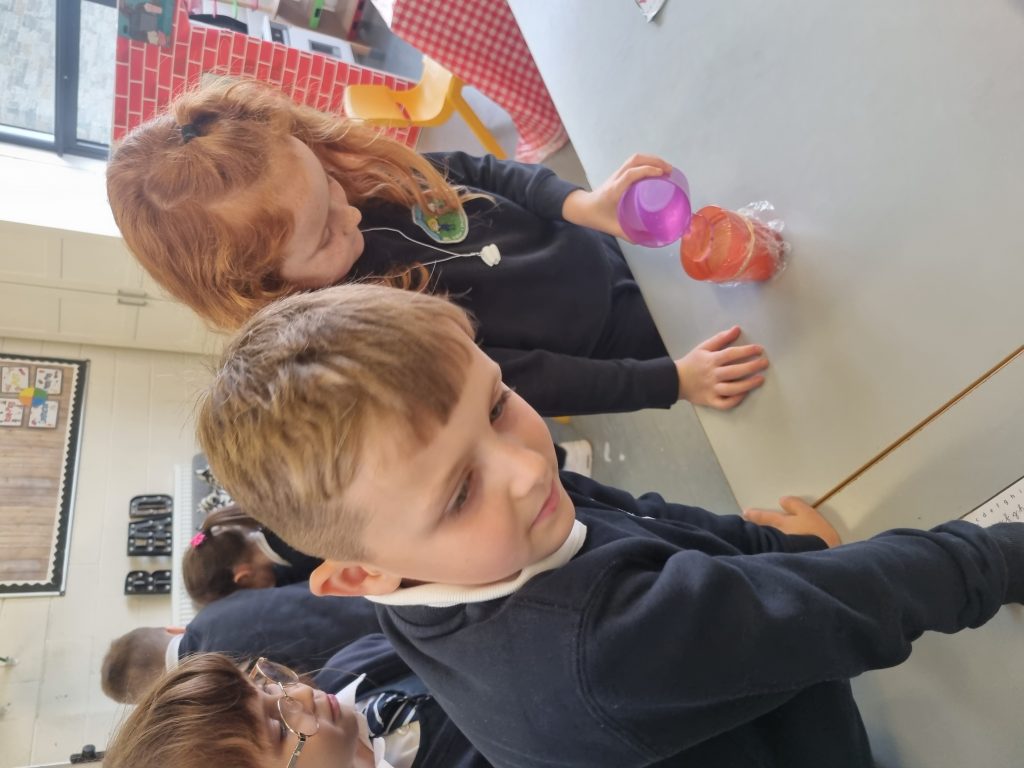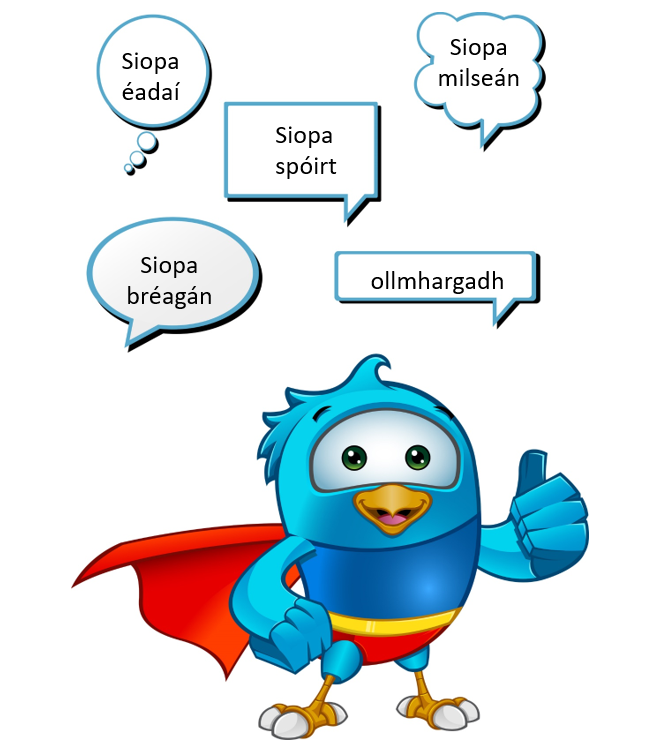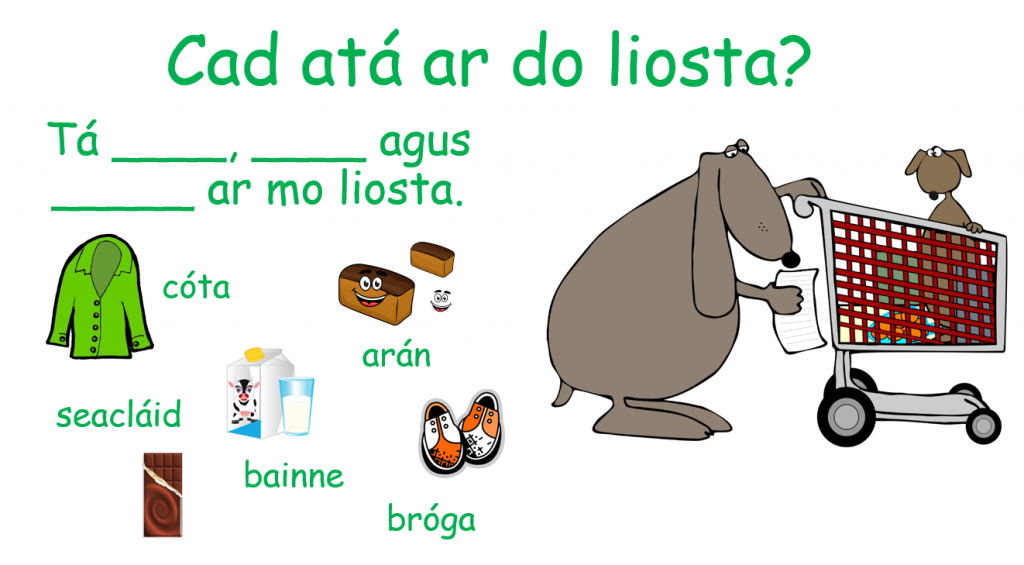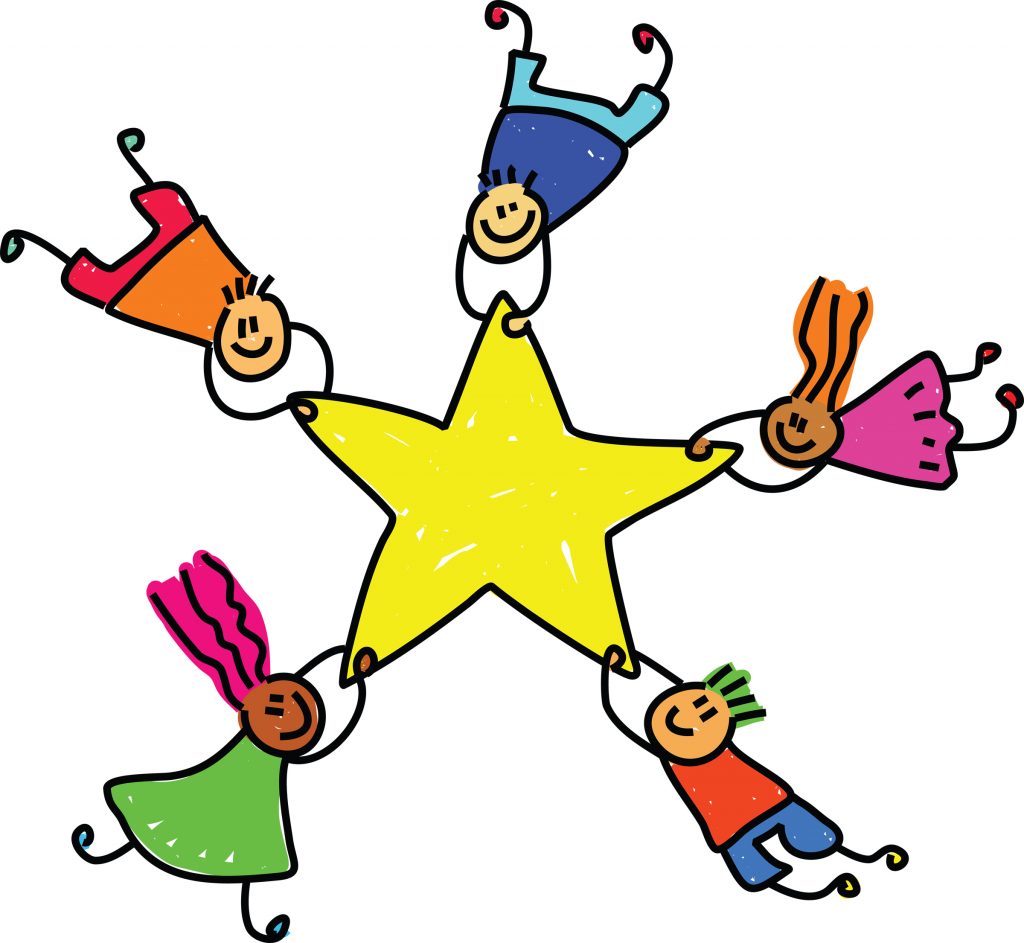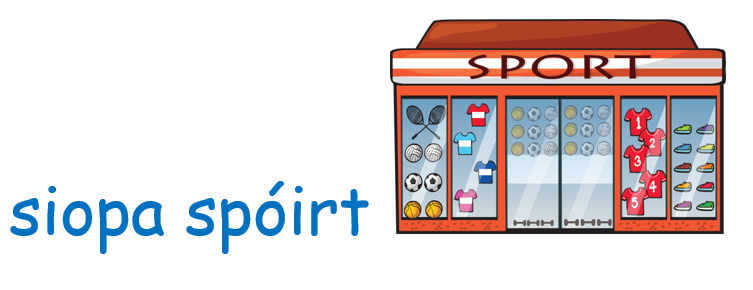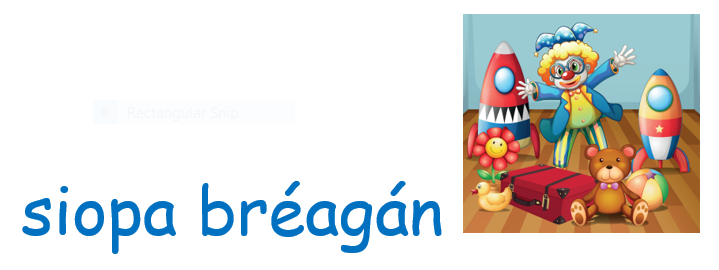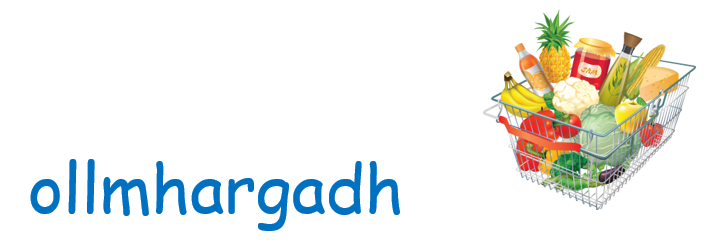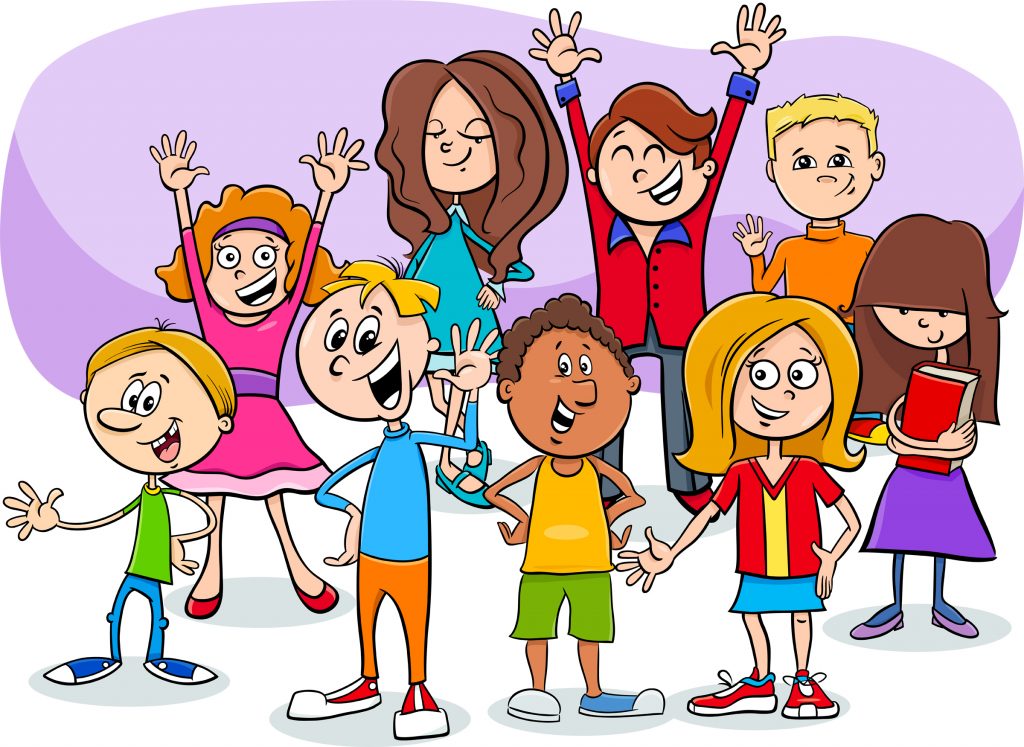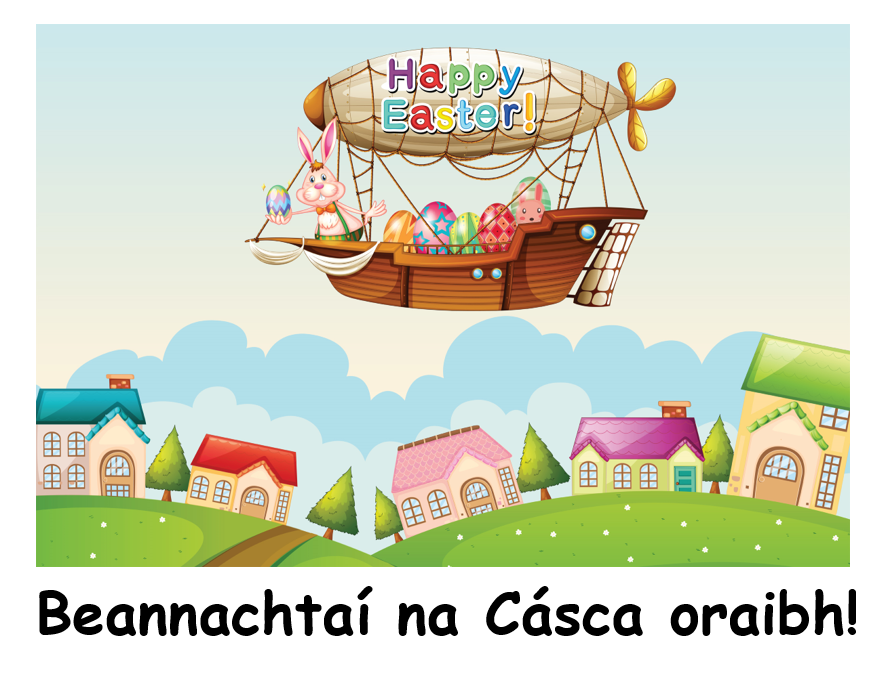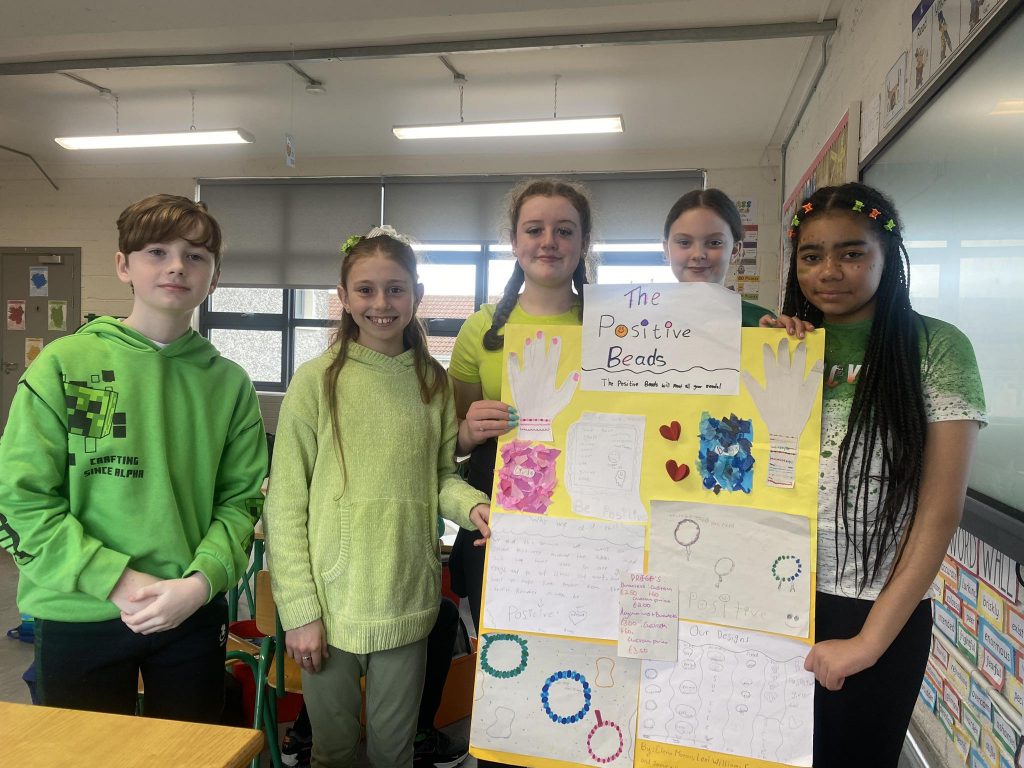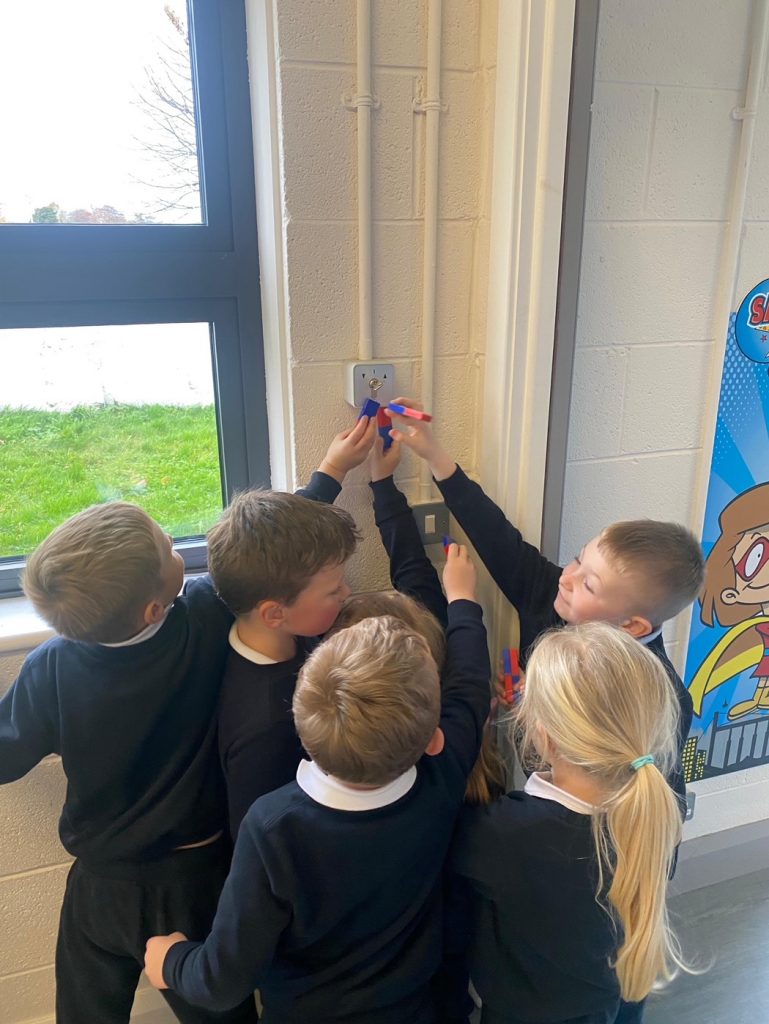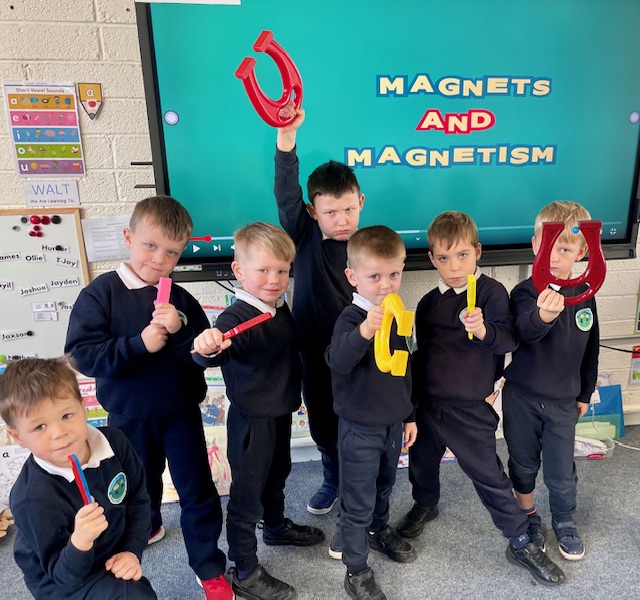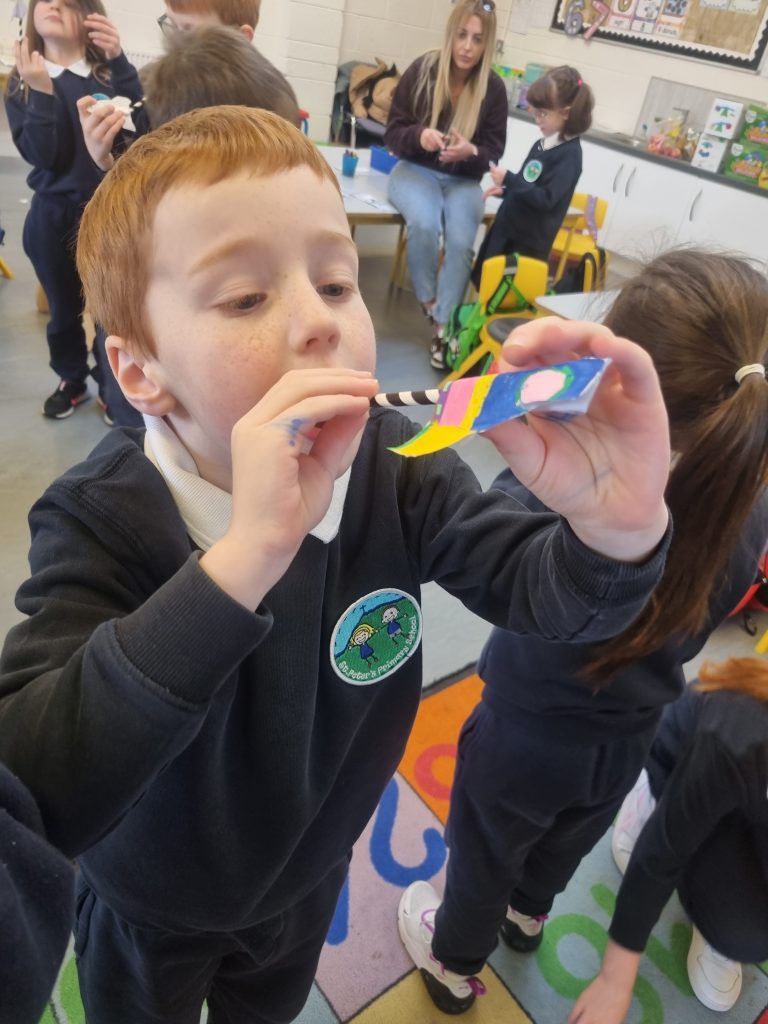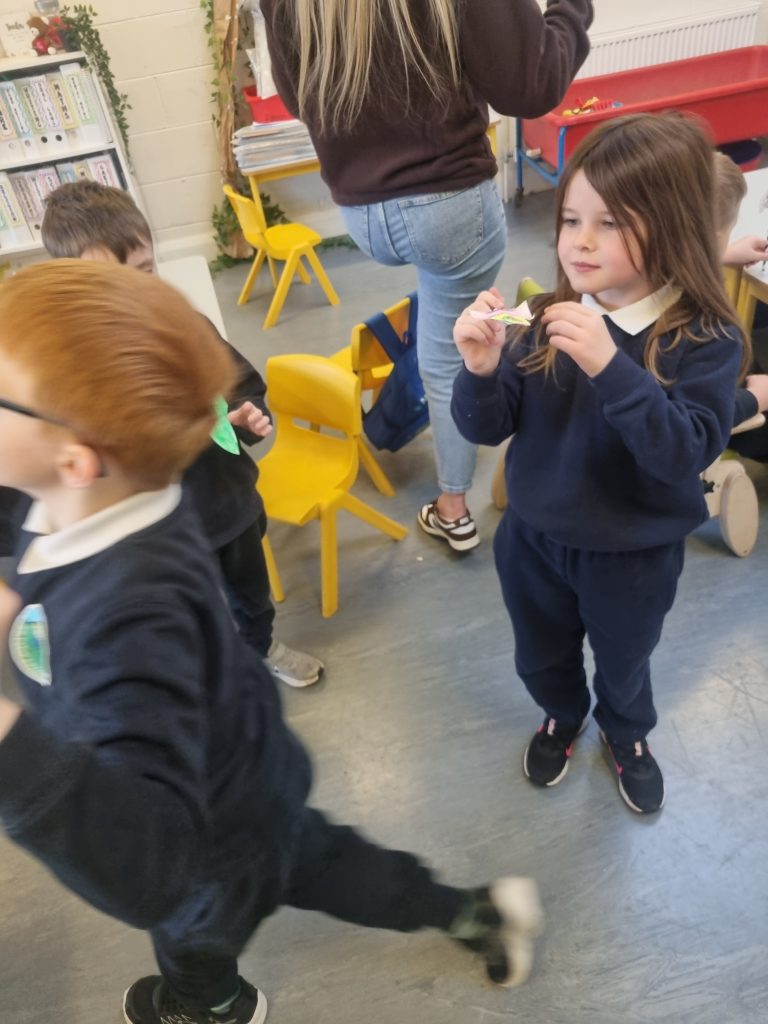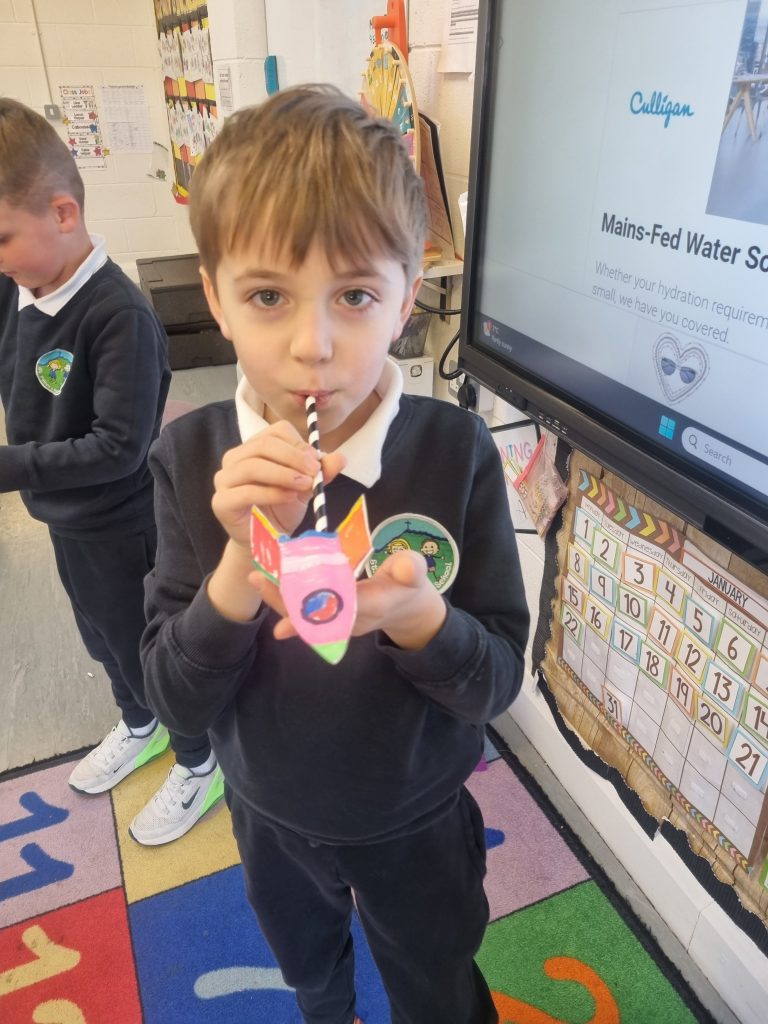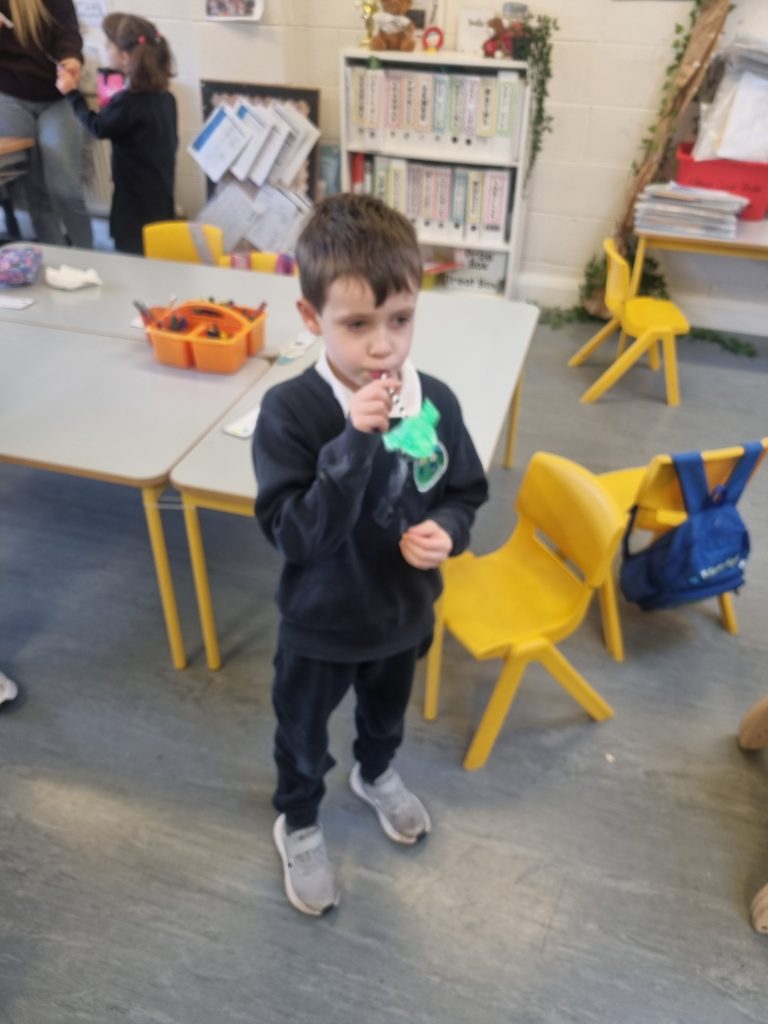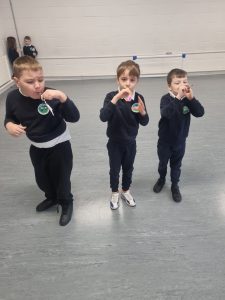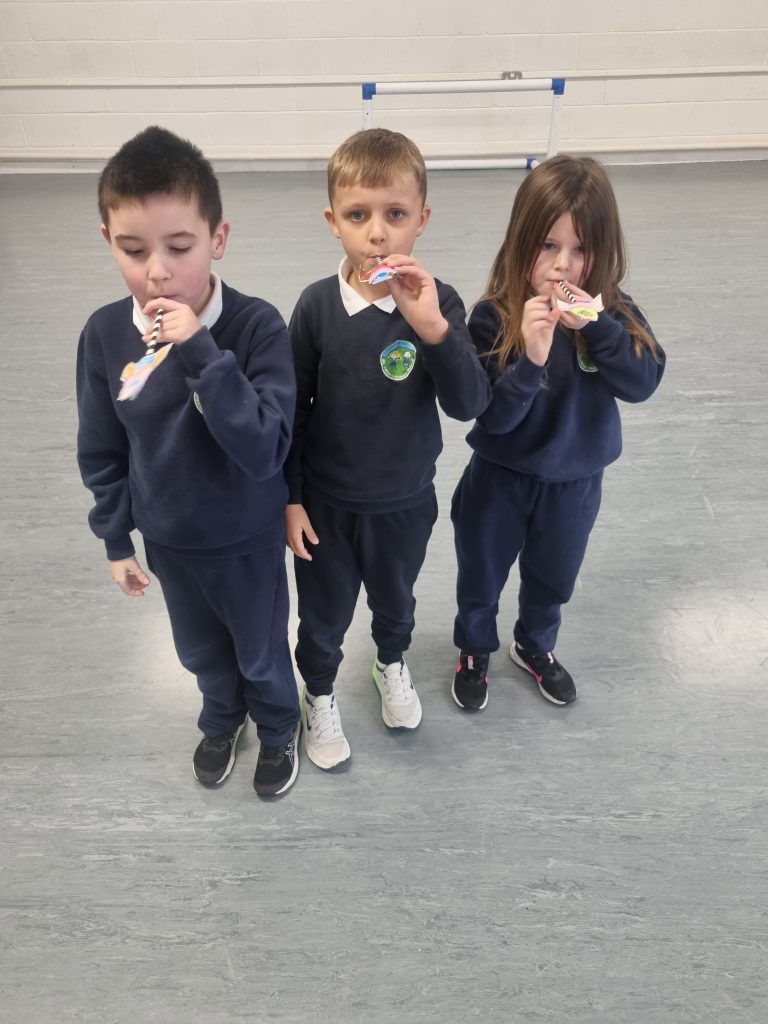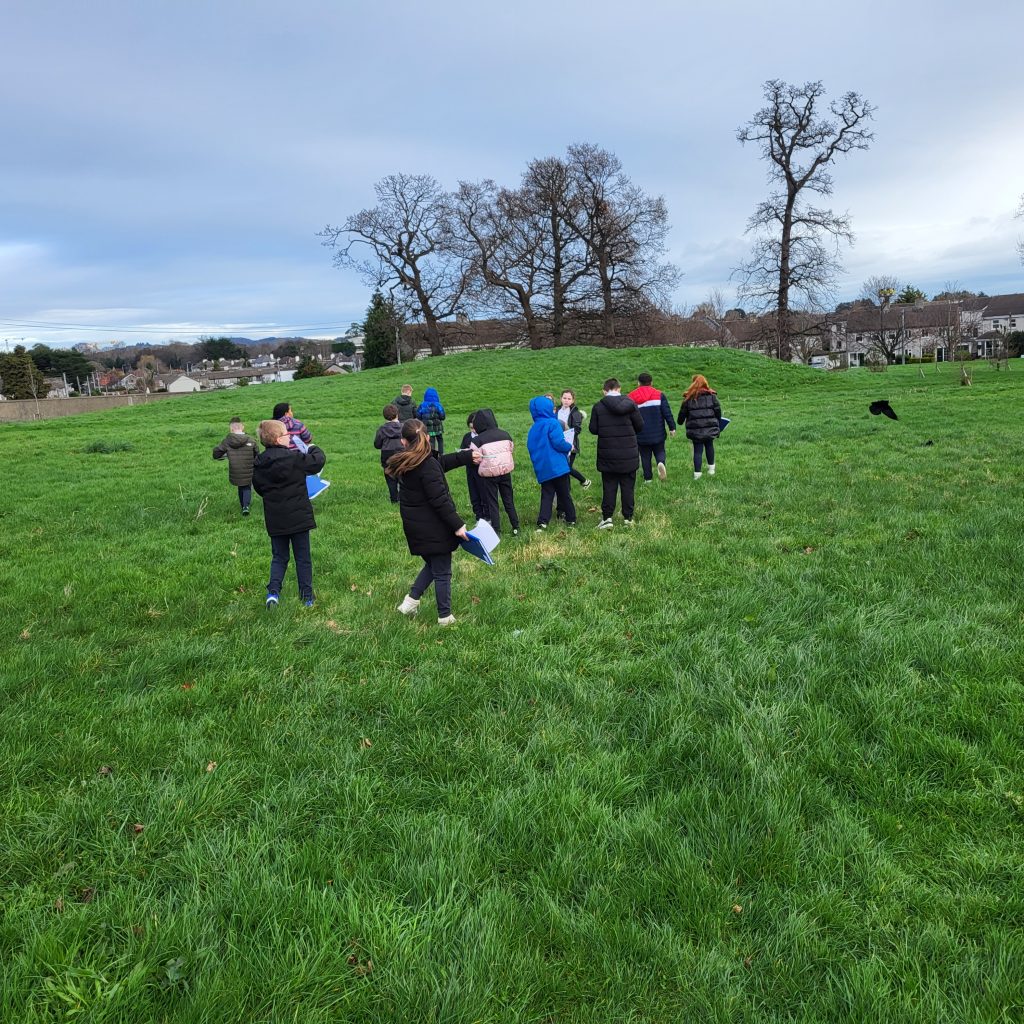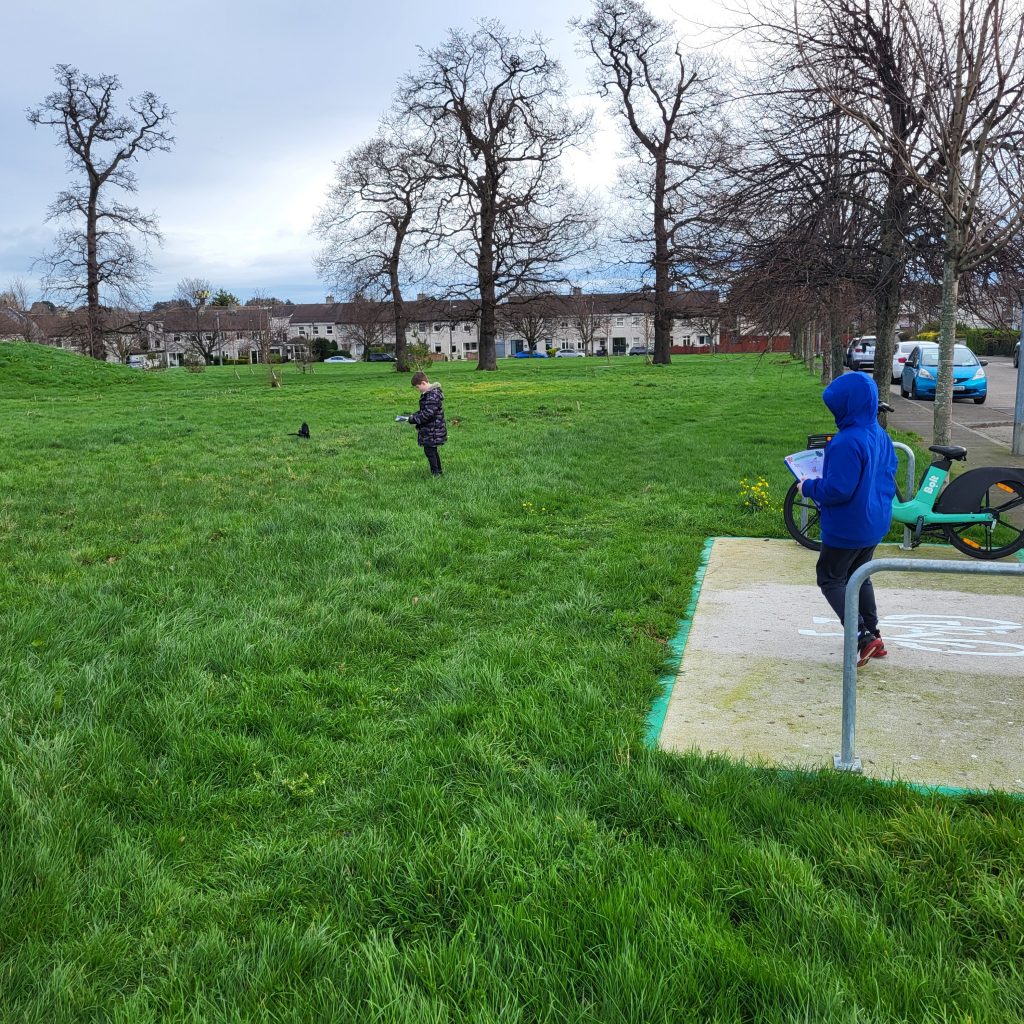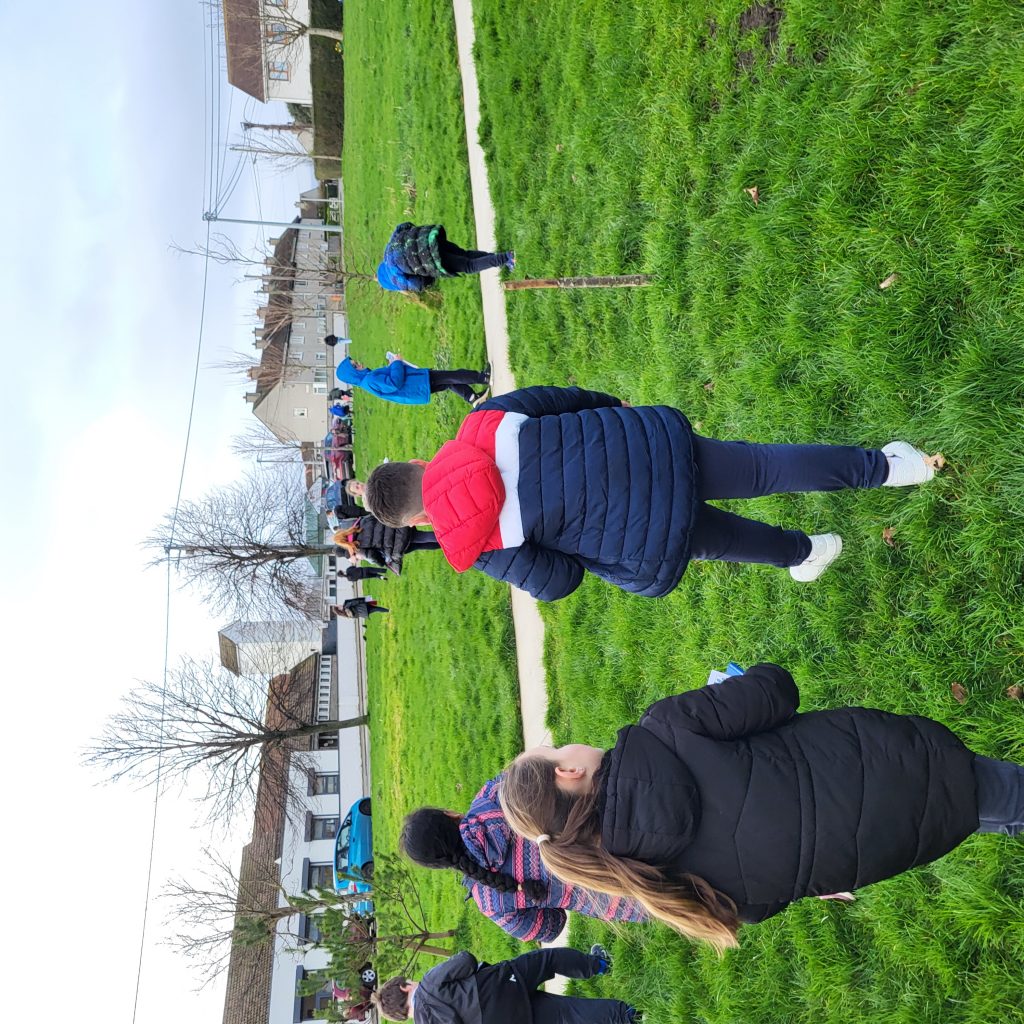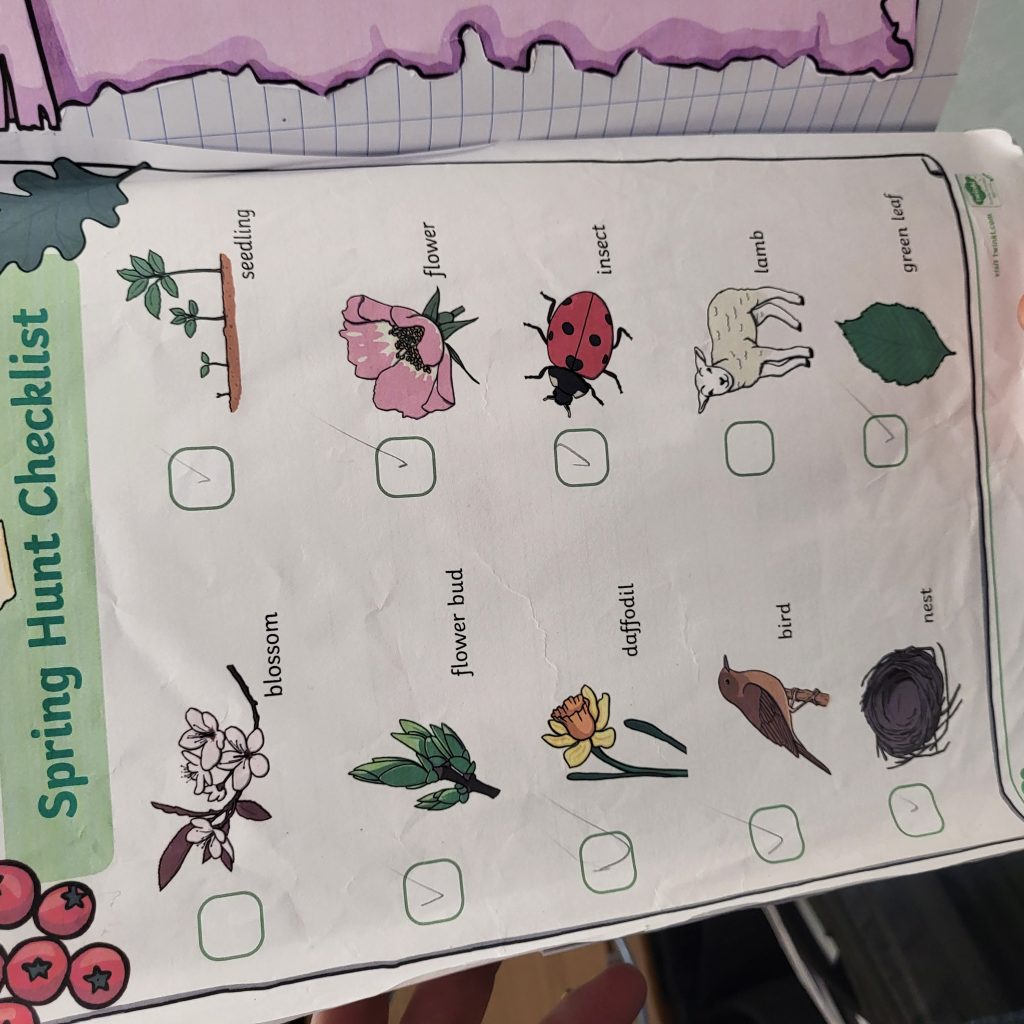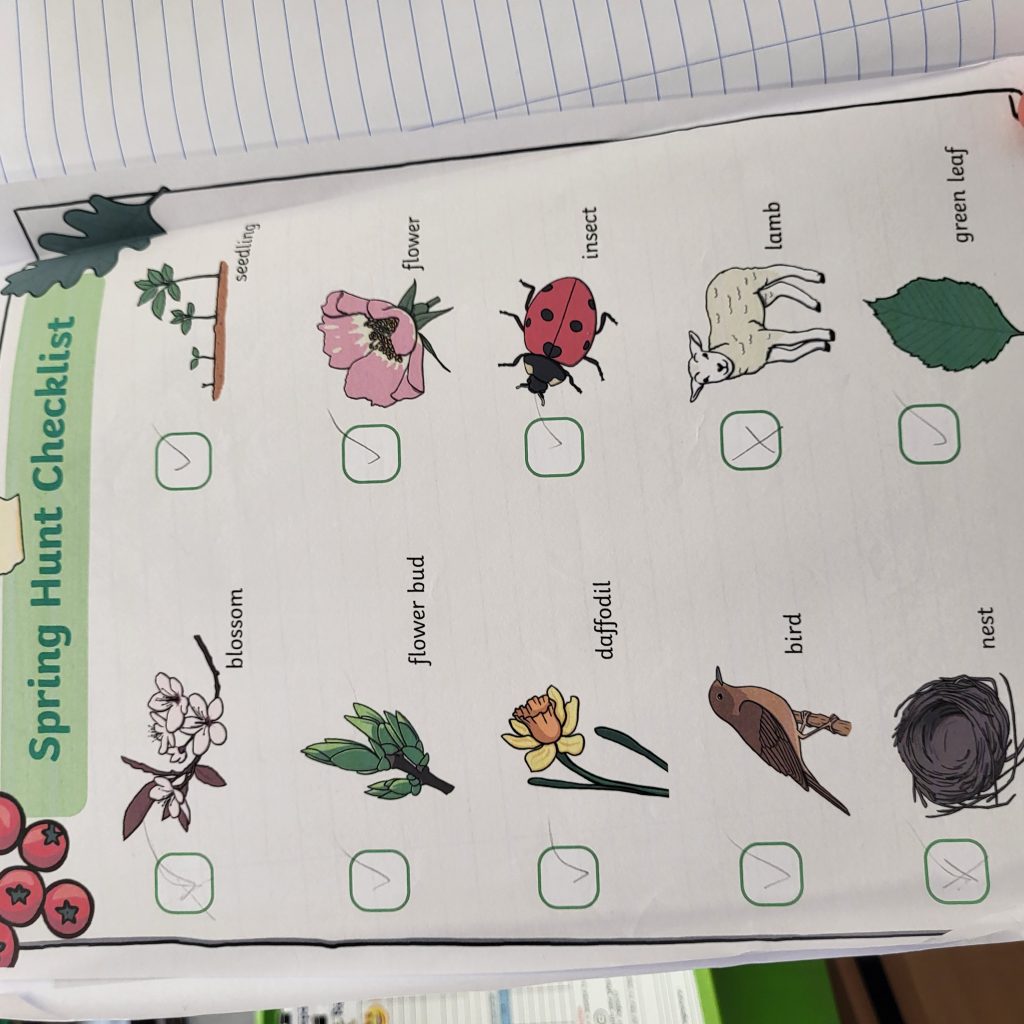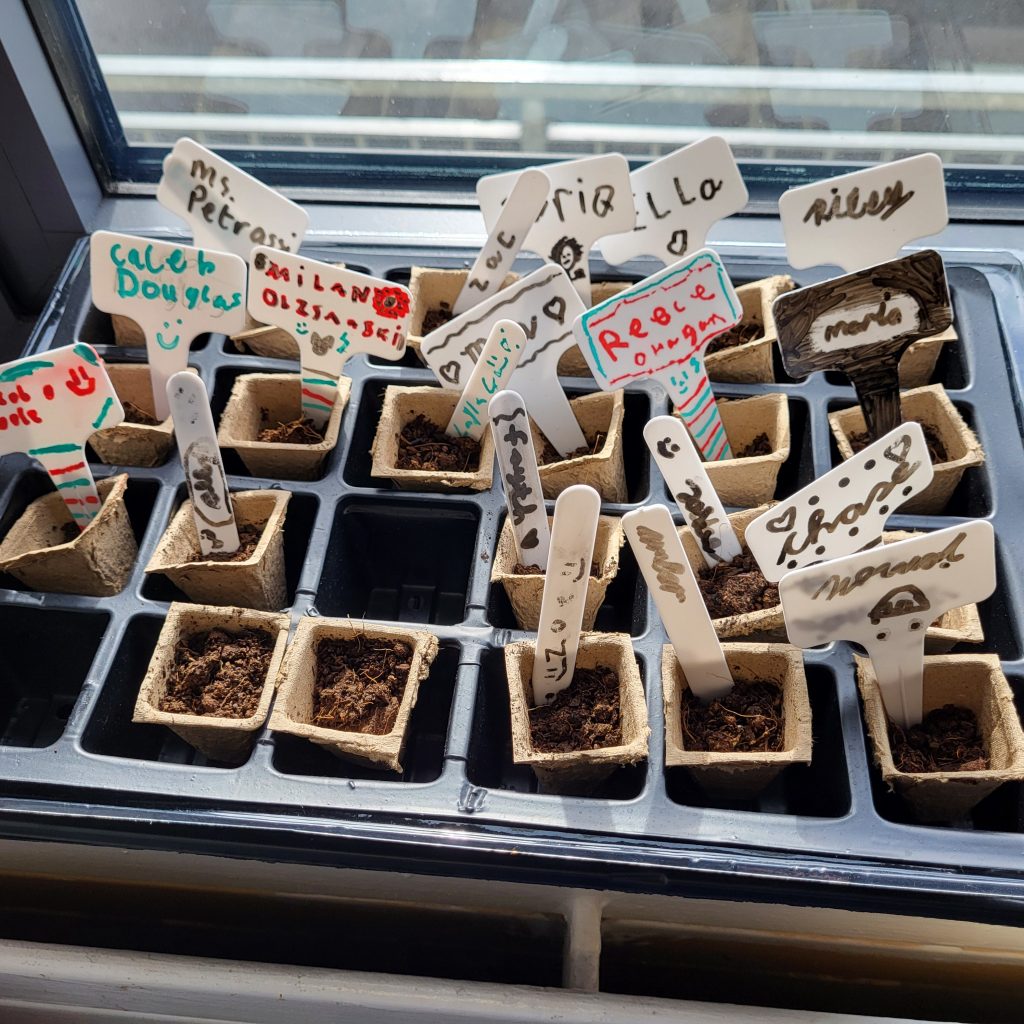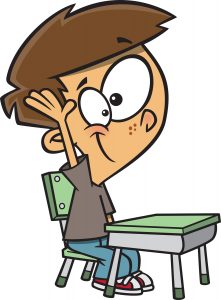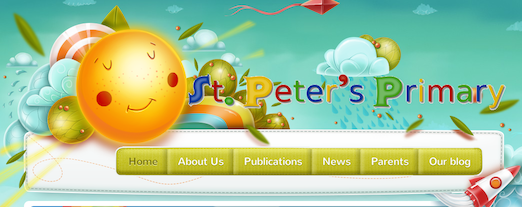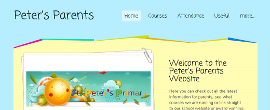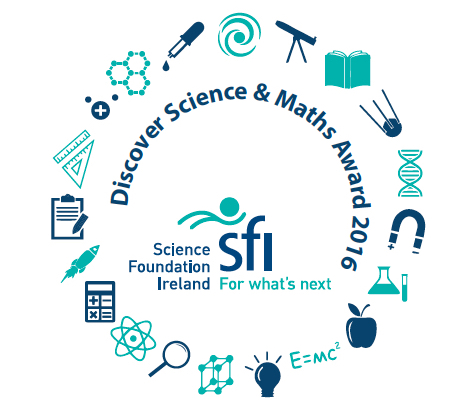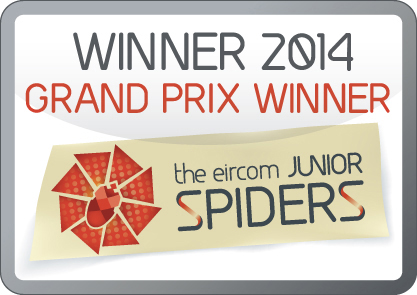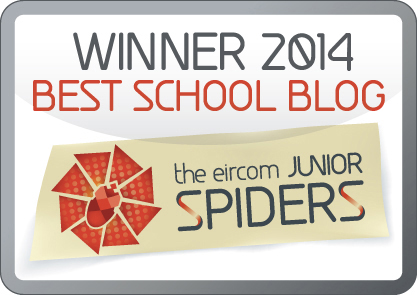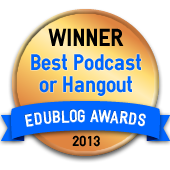Welcome to our submission for the Curious Minds (previously the Discover Primary Science and Maths) Award for 2024. This is our 19th year taking part in the awards, once again, we are applying for the Plaque of STEM Excellence. This award is given to schools that carry out extensive work in Science, Technology, Engineering and Maths, all of which are very important in St. Peter’s.
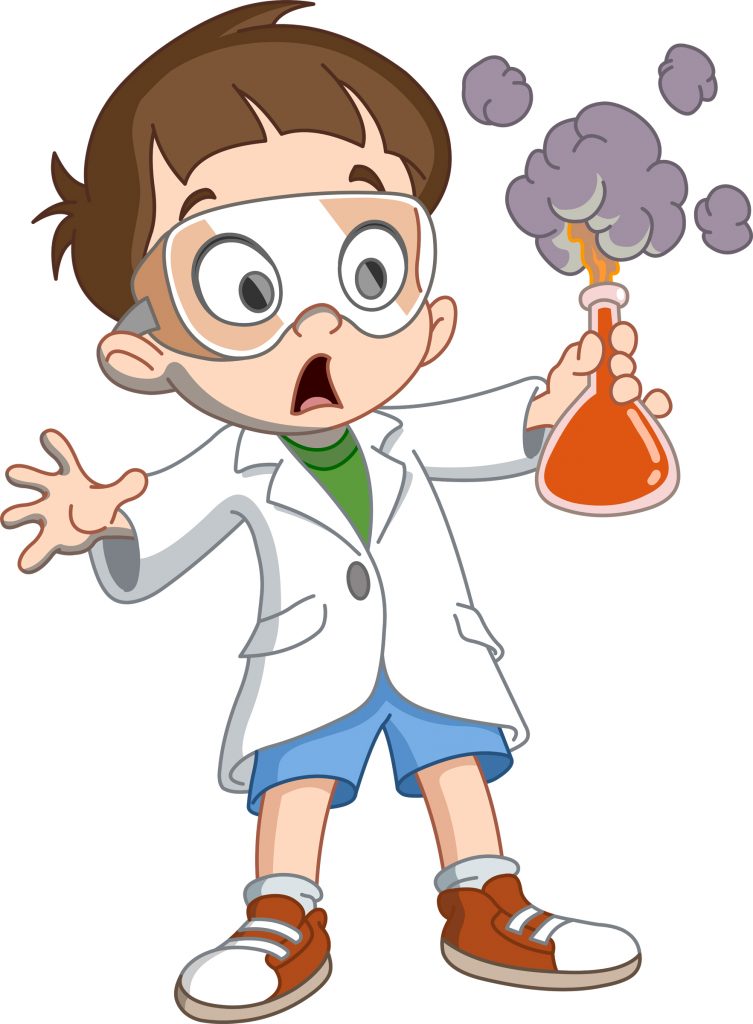
We are delighted that this is the 10th year that we have had Junior and Senior Infants taking part in the award! It is great to see the young scientists have so much fun learning about Science and Maths. Each year we try to put a big focus on STEM across the school, with a whole school approach, helping us achieve even more in this area. This has also meant, due to current circumstances, that we have broadened our scope to encourage STEM at home, which has been both challenging and exciting.
You can read all about it and see the evidence below. It has been great to see the improvements we can make towards helping our school incorporating STEM as a way of thinking, rather than as a stand-alone subject.
All of the pupils are seeing that STEM is about the skills required to learn about science, technology and mathematics, and how engineering and design processes and principles are used to achieve an outcome. As students of STEM, we identify a problem. We then need to create possible solutions to these problems, which we can then go and test.
Yet again, a huge amount of work has gone into this application. Every single class in the school has taken part, so a big well done to all the pupils and teachers! For the 12th year, we are using our blog to submit our award and to link back to our activities that have taken place during the school year.
Step 1: Science
For this step, we carried out hands-on science investigations under the four different strands in classes throughout the school. We also tried to include numeracy in these investigations where possible, linking in with Step 4.
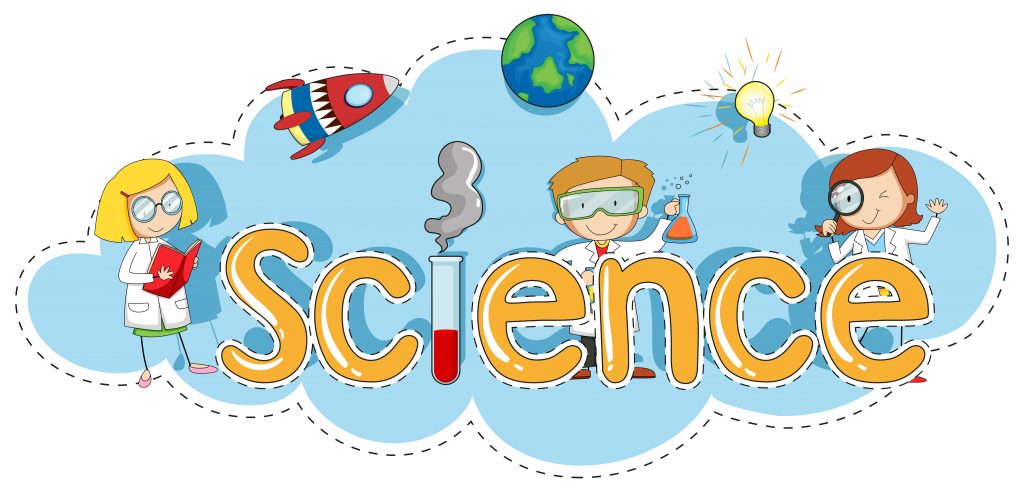
Energy and Forces:
- This is always a popular strand as it really excites the children with fun experiments to engage in. There are lots of experiments on show this year but just for a taste here is Magnets work with Junior Infants or 4th Class Lighthouses using electricity!
Living Things:
- Living things is always a strand we like to sink our teeth into and this year was no different as 2nd class learned all about Taste . If that didn’t get your pulses racing maybe 3rd class will with there work on Heart Rate
Environmental Awareness and Care:
- Learning all about environmental care 6th Class looked at Water Filtration while 3rd Class having been studying Nature and Plants
Materials and Change:
- Check out how Rocket Fuel works with 3rd class experiment testing what happens with cola and mentos and find out what the best materials are to keep Teddy warm with Coat for Teddy Senior Infant experiment.
We love a chance to undertake whole school STEM projects and although curtailed the last couple of years we are delighted to be able to get back to taking part in various projects. Check out all of our Science Week activities on our blog!
Step 2: Technology
The second step in the application is Technology. Ensuring that ICT is used by our pupils and/or product design using materials (using different materials for design and make projects).
As a previous winner of the Junior Spider Awards, technology has become a part of every-day life in St. Peter’s. We were also awarded the Digital School of Distinction award, which showcased the effort and time we put in incorporating technology into our daily school lives.

We believe this is true for children at all levels. Mr. Kinsella’s class have loved early programming activities with beebots and getting to use the school tablets. Check out how we use Technology in the school.
Programming continues in older classes who have been using Lego Wedo. They have loved getting to play with the kits and programming them and engaging with the interactive lessons using the Lego Wedo software.
We see the importance of integrating technology across the curriculum with pupils using cameras, tablets, animoto, and the blog, as well as apps such as Class Dojo and Twitter, to showcase the work that they have been doing during the course of the year. We use our blog weekly to set challenges as Gaeilge for classes with Frásaí na Seachtaine .
Integrating technology into our numeracy can make it more engaging for pupils, here 3rd class used zoom to take part in Coding for Maths Week, while 6th Class Maths Week Quiz showed how we can take part in Maths online.
As you can see from our submission, we have continued to implement technology in our day-to-day teaching and learning, with maths and science at the forefront of this.
Step 3: Engineering
For the third step of our application for the Curious Minds Plaque of STEM Excellence, we have had a big focus on the Design and Make element of science. Our staff have worked previously in conjunction with St. Patrick’s College regarding professional development in STEM. A big part of this focused on the Design and Make process, and helped us make sure STEM is an integral part of our engineering activities.
Design and Make Projects are always popular. Ms. Roche’s Senior Infant class didn’t need much persuading to design and make Space Rockets, while Ms. Meaney’s 4th Class have been lighting up their STEM activities with their Lighthouses.
Ms. Muldowney’s 5th Class were heads and shoulders (or actually lungs and hands) above the rest with their Model Lung and Bionic Hand
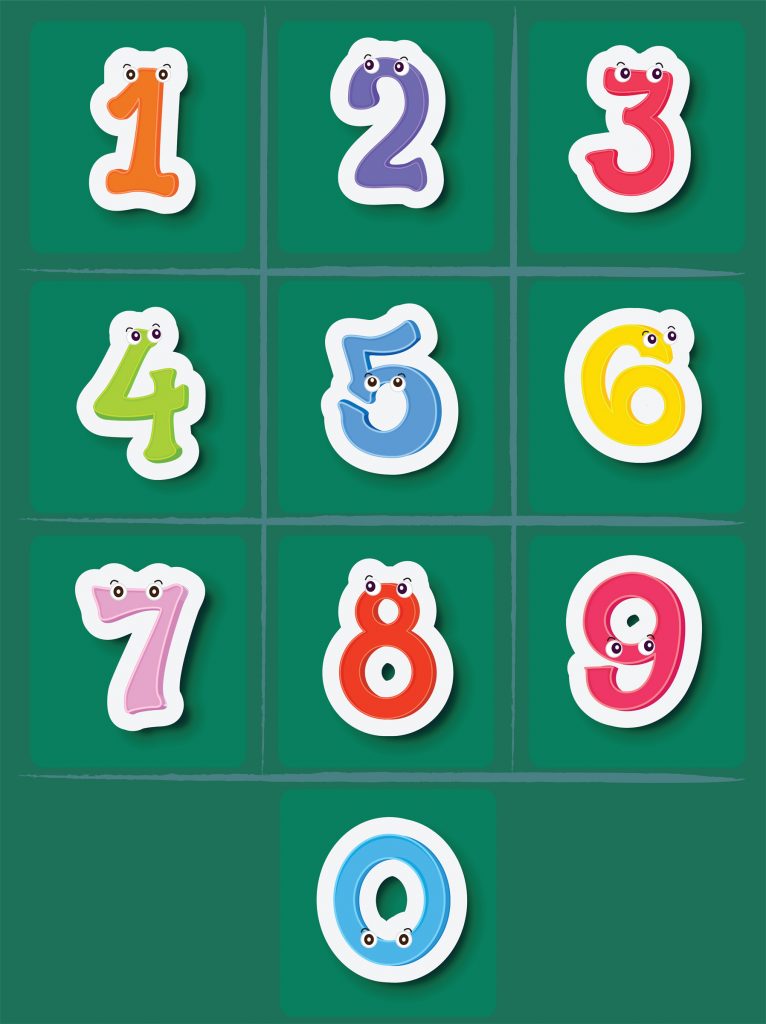
Step 4: Maths
Throughout our science investigations, all classes looked to incorporate Maths as much as possible and like opportunities to explore concepts in a fun way like celebrating Maths Week in the school. Here 5th class used Maths Week to explore Word Problems and tessalation.
Incorporating cooking and math skills has been popular this year with Baking in 6th Class and in Fraction Pizzas 3rd Class!
All classes had fun engaging in Maths week and Ms. Leggett’s 1st class making 2D Frankensteinsand 4th Class Maths Trail keeping them activity.
Step 5: STEM Showcase
As a school we know how important it is for students to present their work to an audience, especially with all the hard work put into STEM initiatives by pupils and staff. We always love taking part in initiatives like Science Blast and this year has been no different with 6th Class taking on the Science Blast Challenge.
Typically, classes present their learning during Assembly or at our own showcases but these last couple of years have obviously been a challenge mixing groups. That didn’t stop teachers highlighting some of the great work pupils are doing through our School Blog and twitter and we were delighted with 4th class were able to take part in the Intel Mini Scientist Competition and were able to hold a science fair to show off all the work they put in for this years’ event.
We couldn’t include all our STEM activities as our teachers and pupils work so hard throughout the year on this but we hope you enjoyed reading a few examples from our submission for the Curious Minds Awards!

